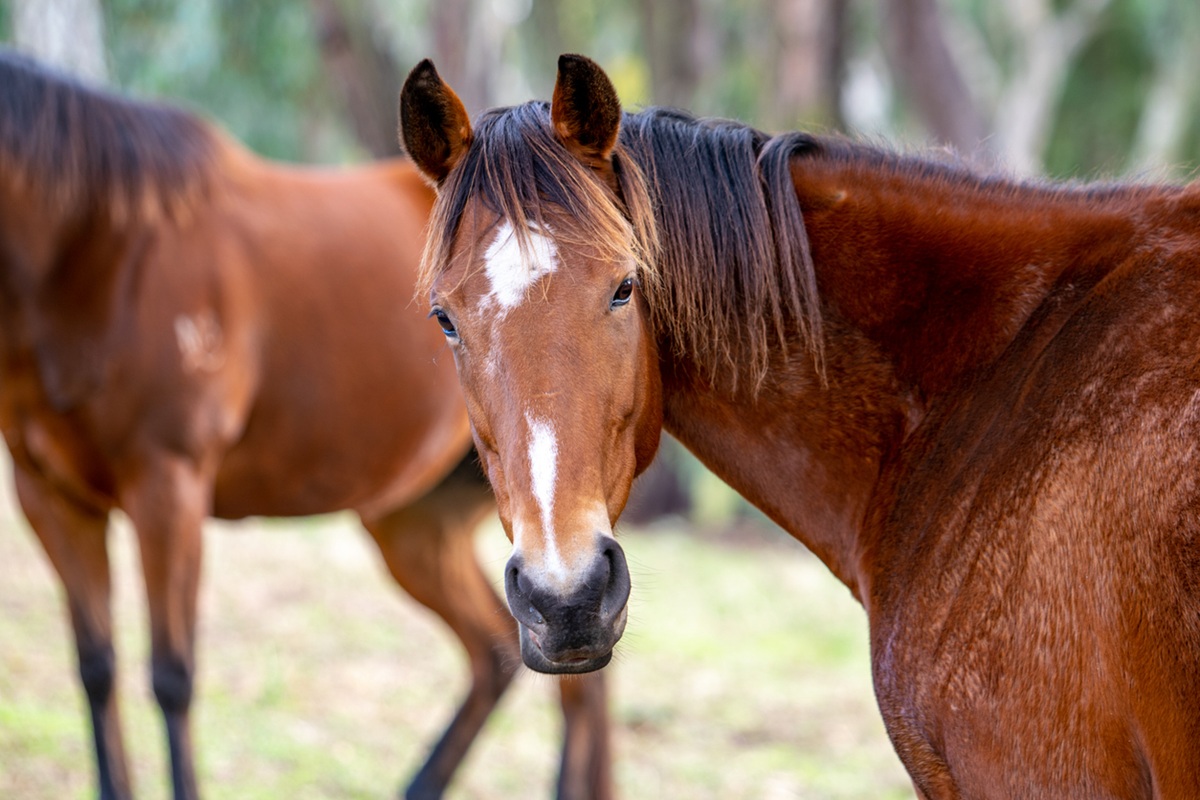Horse owners are on high alert following reports of the highly contagious respiratory disease, Strangles, in horses across NSW and Victoria.
Recent outbreaks have been confirmed in the Central Coast region of NSW and in parts of Victoria. The disease affects horses, donkeys and mules, and spreads easily through direct contact with infected animals or indirectly via contaminated equipment, feed, water, or handlers’ clothing and hands.
Dr Albert Sole Guitart, President of Equine Veterinarians Australia (EVA), said owners should be on the lookout for early signs of infection.
“Clinical signs to watch for include a fever between 39.0 – 40.5 °C, nasal discharge or runny nose, a cough, painful and swollen lymph nodes (especially under the jaw), difficulty swallowing or breathing, or signs of depression and dullness.
“If your horse shows any of these signs, isolate it away from other horses immediately and contact your veterinarian.”
Horses usually show symptoms within three to eight days of exposure. The Australian Veterinary Association (AVA) has urged owners to maintain strict hygiene and biosecurity measures, including isolating sick horses, avoiding shared equipment, washing hands and clothing after handling animals, and quarantining new arrivals for at least two weeks.
Dr Gemma Chuck, President of the AVA, said disease prevention depends on vigilance and responsible management.
“Prevention is paramount and relies on strict biosecurity and quarantine protocols.
“Every horse owner, trainer, and event organiser plays a vital role in reducing disease risk. Maintaining good communication with your veterinarian, reporting any suspect cases promptly, and following professional advice can make all the difference in preventing widespread transmission.
“Veterinarians are your first point of contact. If you suspect your horse may have Strangles, or you have any concerns, call your veterinarian immediately.”
To stay up to date on the latest industry headlines, sign up to the Pet Industry News e-newsletter.

